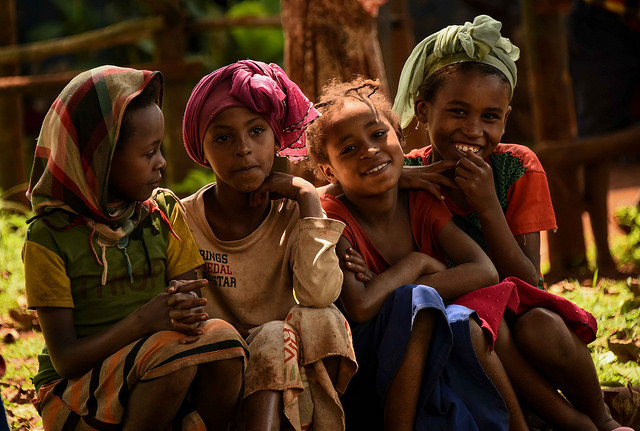Solar Sister: A Solution for Energy Poverty
 Currently, there is an energy disparity worldwide, and not everyone has equal access to energy resources. This growing trend is most notable in less developed nations, most particularly in rural regions of the countries. Energy is one of the most vital resources for the development of a nation; without it, countries are left to follow a path with no progression.
Currently, there is an energy disparity worldwide, and not everyone has equal access to energy resources. This growing trend is most notable in less developed nations, most particularly in rural regions of the countries. Energy is one of the most vital resources for the development of a nation; without it, countries are left to follow a path with no progression.
World Bank Vice President Rachel Kyte stated: “Access to energy is absolutely fundamental in the struggle against poverty…it is energy that lights the lamp that lets you do your homework, that keeps the heat on in a hospital, that lights the small businesses where most people work. Without energy, there is no economic growth, there is no dynamism, and there is no opportunity.”
A lack of energy leaves less-developed nations without a necessary resource that allows them to improve their developmental industries, healthcare and education. Without the essential access to energy, less developed nations are left to resort to biomass energy, a type of renewable that utilizes organic materials such as wood for fuel. But there are drawbacks to relying on biomass energy, such as the release of carbon dioxide and the overharvesting of organic material.
Wood is one of the most common sources used for cooking, and greatly affects both women and children, according to National Geographic. “About 3.5 million people, mainly women and children, die each year from respiratory illness due to harmful indoor air pollution from wood and biomass cookstoves.” Women and children are more impacted by the effects of energy poverty because of their heavy interactions with the use of biomass materials (such as women cooking with wood-fueled cookstoves) and an inhibited ability to complete education (such as students being unable to do homework after dark).
Solar Sister is an organization dedicated to eradicating energy poverty by providing women with economic opportunities in rural regions of Africa. One of their main focuses is not only providing women with economic opportunities, but also supporting women’s access to sustainable energy resources.
Through Solar Sister, women are supplied with the necessary skills to create an effective business market within their communities. Once trained, the organization supplies women with solar lanterns to sell in their communities. Gradually, through interactions, communities come to trust the solar lantern and demand increases. With increased demand, communities gradually transition away from biomass energy to solar energy, a much safer and more accessible energy resource. As a woman’s interactions within the community increase, she becomes revered as a role model and is trusted throughout her community. That trust also allows the gender gap within small communities to decrease and further creates more opportunities for women. Not only do the women themselves benefit from the effects of Solar Sister, but the community in turn also benefits. Communities that transition away from biomass energy gain a cleaner source of energy, promoting an overall more sustainable environment and in turn a better quality of health and life.
Although Solar Sister primarily focuses on rural regions in Africa, the techniques and results derived from the organization pose a possible solution to the energy poverty trend. It is important to learn from Solar Sister’s success and use it as a stepping stone for future work in other countries.
– Carla Salas
Photo: Flickr
